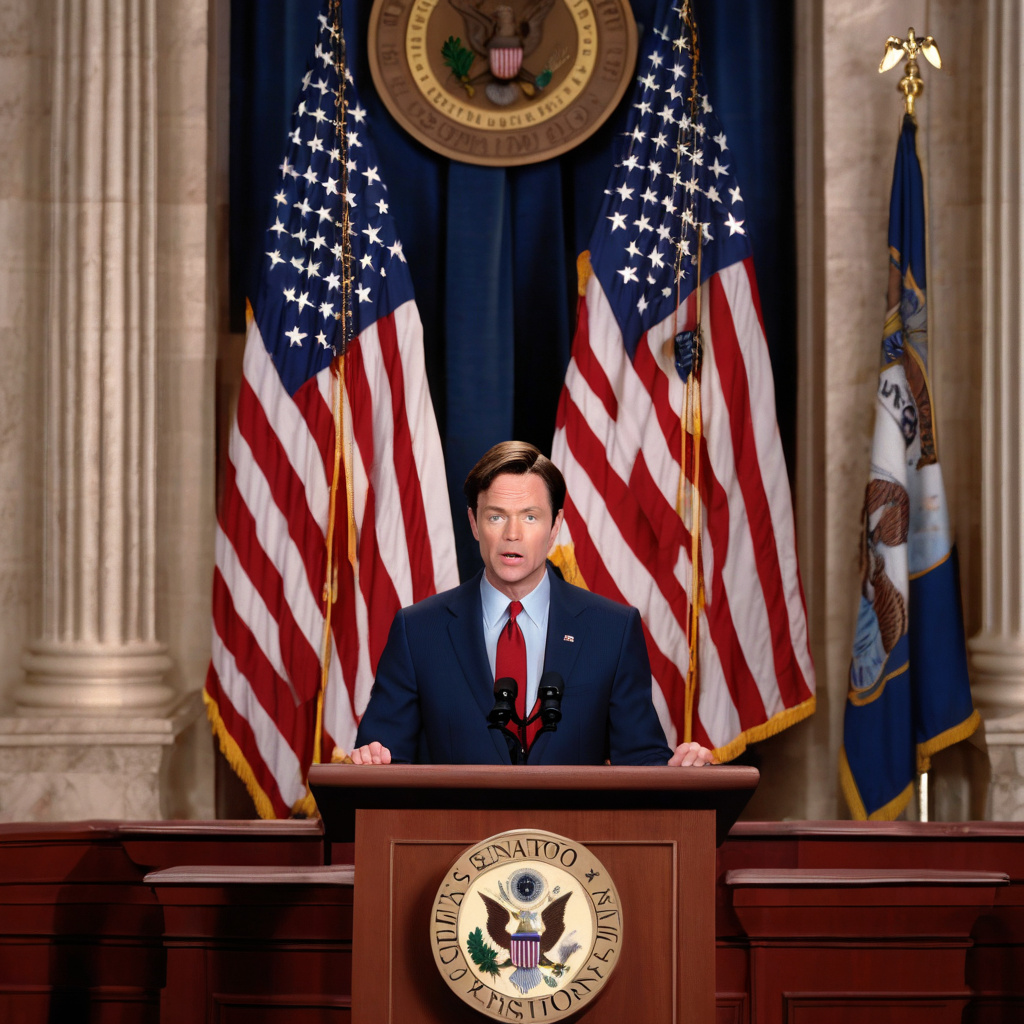US Senator Urges Elon Musk to Block Starlink Use by Southeast Asian Criminal Networks
SpaceX’s ambitious project, Starlink, has been making headlines for its potential to revolutionize internet accessibility worldwide. However, recent concerns have been raised regarding the misuse of this technology by criminal networks in Southeast Asia. A US senator has taken a stand, urging SpaceX CEO Elon Musk to prevent transnational criminal groups from exploiting Starlink satellite internet for fraudulent activities.
The appeal comes at a crucial time when the world is increasingly dependent on digital connectivity, with remote work and online transactions becoming the norm. While technological advancements like Starlink offer new possibilities for underserved regions to access the internet, they also present challenges in terms of security and regulation.
Southeast Asia has been a hotspot for various forms of cybercrime, including online scams, identity theft, and financial fraud. The region’s diverse and rapidly growing digital economy provides fertile ground for criminals to exploit vulnerabilities in the online infrastructure. With the potential of Starlink to provide high-speed internet to remote areas with limited connectivity, there is a risk that criminal networks could use this technology to expand their illicit operations across borders.
By reaching out to Elon Musk, the US senator is highlighting the need for collaboration between tech companies and government agencies to address these emerging threats. Preventing the misuse of Starlink by criminal networks requires a proactive approach that combines technological safeguards with regulatory measures. Musk and SpaceX have a responsibility to ensure that their technology is not inadvertently facilitating illegal activities or putting innocent users at risk.
One way to tackle this issue is through enhanced cybersecurity measures that can detect and block suspicious online activities. By implementing robust encryption protocols and threat detection systems, Starlink can mitigate the risk of unauthorized access and data breaches. Additionally, collaboration with law enforcement agencies in Southeast Asia can help track and disrupt criminal networks that attempt to exploit the satellite internet service.
Moreover, regulatory oversight and compliance mechanisms are essential to ensure that Starlink operates in accordance with international laws and standards. By establishing clear guidelines for the use of satellite internet services and enforcing strict penalties for illegal activities, governments can deter criminal elements from abusing the technology for their gain.
In response to the senator’s concerns, Elon Musk and SpaceX have the opportunity to demonstrate their commitment to ethical technology development and global security. By proactively addressing the risks associated with Starlink’s deployment in Southeast Asia, they can set a precedent for responsible innovation in the digital age.
As the world becomes increasingly interconnected through technology, safeguarding the integrity of the internet is paramount to prevent malicious actors from exploiting its potential for harm. By heeding the senator’s call to action, Elon Musk and SpaceX can uphold the promise of Starlink as a force for good while protecting vulnerable communities from online threats.
In conclusion, the appeal to block Starlink use by Southeast Asian criminal networks underscores the importance of ethical considerations in the deployment of advanced technologies. By prioritizing security, transparency, and collaboration, SpaceX can help build a safer digital ecosystem for all users, ensuring that the benefits of global connectivity are not overshadowed by the risks of exploitation.
#SpaceX, #Starlink, #ElonMusk, #Cybersecurity, #SoutheastAsia
